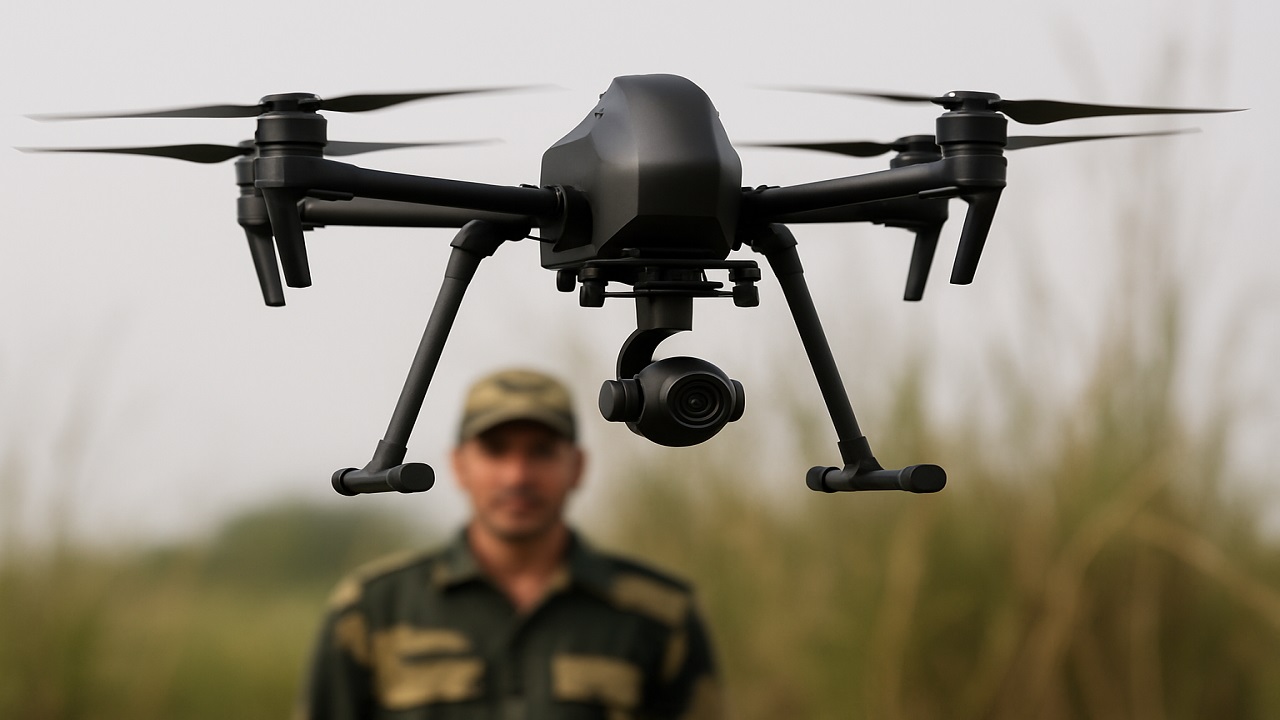Shifting Traditions: Nepal’s PM Oli Opts for China First
Background:
- 100 Days in Office:
Prime Minister Oli recently completed 100 days in office and has directed officials to update him on ongoing Chinese projects in Nepal, including those under the Belt and Road Initiative (BRI).
Key Points:
-
Diplomatic Shift – Breaking Tradition:
- Traditionally, newly elected Nepali prime ministers make their first foreign visit to India.
- Oli’s decision to visit China first signals a departure from this established practice and may indicate shifting diplomatic priorities.
-
Political Tensions over BRI Projects:
- Oli’s China visit highlights internal divisions within the Nepali government regarding the terms of BRI projects.
- Nepali Congress Position:
- The Nepali Congress, one of the two largest coalition partners, insists that BRI projects should be undertaken only if provided as grants.
- CPN-UML Position:
- Oli’s Communist Party of Nepal-Unified Marxist Leninist (CPN-UML) supports projects financed through loans from China’s Exim Bank, showing a more flexible stance on funding options.
-
Nepal-India Relationship:
- Historical Ties and Open Border:
- Nepal and India share a long-standing, unique relationship with open borders and deep cultural ties, enabling a special bilateral connection.
- Economic Interdependence:
- India is Nepal’s largest trade partner and supplies critical goods, including all petroleum products.
- India is also the largest source of foreign investment in Nepal, while a substantial number of Nepali workers in India contribute to Nepal’s remittances.
- Tourism and People-to-People Relations:
- India is the largest source of tourists to Nepal, enhancing cross-border connections and mutual economic benefits.
- Disaster Response and Support:
- India has a history of being Nepal’s first responder in times of disaster, playing a key role in relief and recovery, further strengthening bilateral relations.
- Historical Ties and Open Border:

_(14).jpg)
.jpg)

Comments (0)